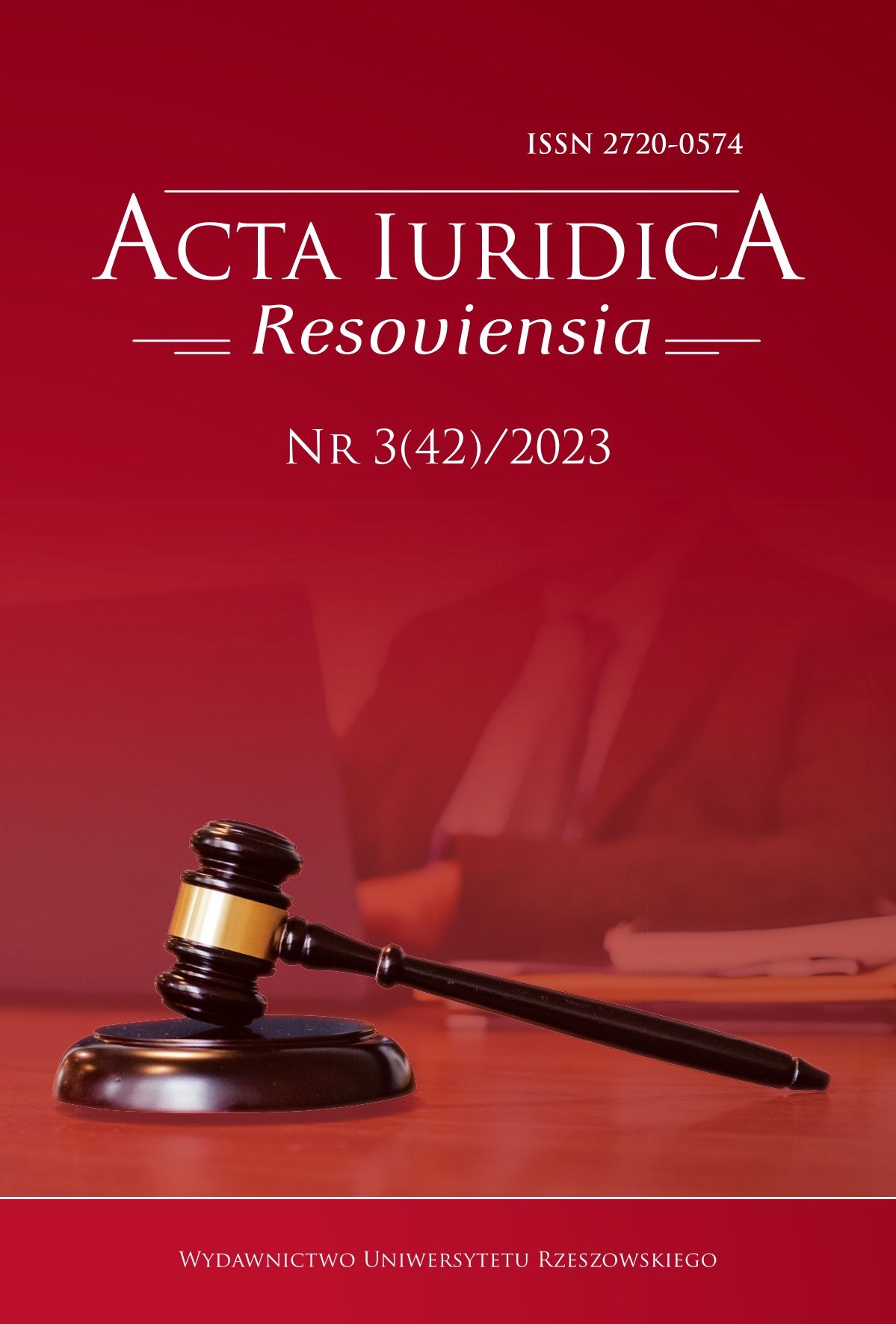The concept of commercial impracticability in regard to the performance of contractual obligations
DOI:
https://doi.org/10.15584/actaires.2023.3.3Keywords:
commercial impracticability, clausula rebus sic stantibus, good faith, equity, hardship, contract riskAbstract
The thesis considers the concept of commercial impracticability. In the Polish private law system, apart from Clausula rebus sic stantibus, it performs the function of broadly understood taking into account the impact of changed circumstances on contracts. Its effects in the form of releasing the debtor from the obligation to perform the contract and termination of the obligation take place ex lege. It is applied per analogiam with the subsequent impossibility to perform an obligation in cases where the obligation breaks away from its economic purpose, which was the cause of its creation, i.e. in a situation of gross disproportion between the value of the subject of the contractual obligation, combined with the benefits expected by the parties, and the costs that would have to be incurred in order to perform the contract. The concept of commercial impracticability is useful in times of profound socio-economic changes, with the mass occurrence of hardship in economic relations in performance of contracts.
Downloads
Downloads
Published
How to Cite
Issue
Section
License
Copyright (c) 2023 Acta Iuridica Resoviensia (formelry: The Scientific Journal of the University of Rzeszow, Law Series)

This work is licensed under a Creative Commons Attribution-NonCommercial-NoDerivatives 4.0 International License.

